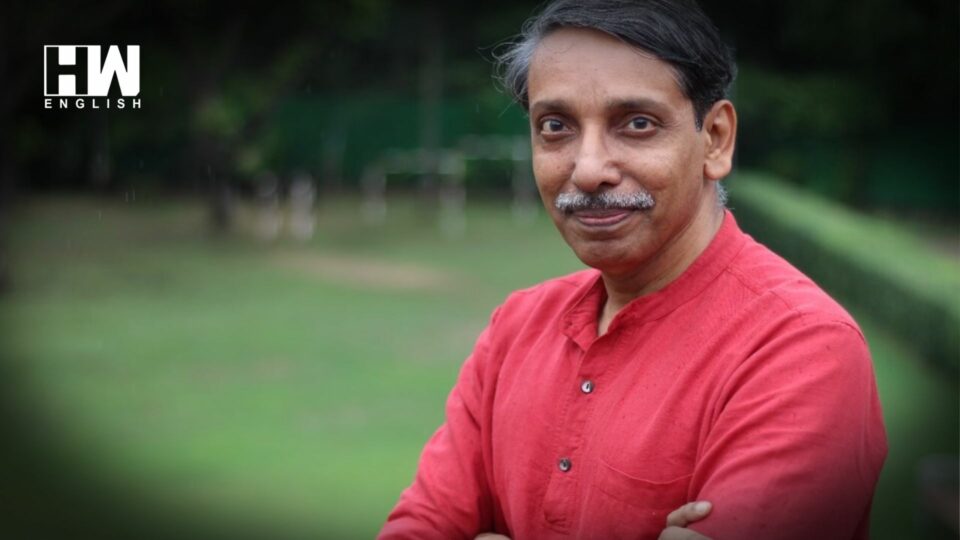UGC chairman Professor M. Jagadesh Kumar announced plans to implement binary accreditation within four months, ensuring a straightforward, objective, and time-bound process. Institutions achieving a CGPA above 2.00 will be deemed ‘Accredited,’ between 1.50 and 2.00 as ‘Provisionally Accredited,’ and below 1.50 as ‘Not Accredited.’
Chairman Kumar highlighted reforms initiated by forming a committee led by K. Radhakrishnan, whose report gained Education Ministry approval. This led to approving the reforms discussed in the executive committee meeting. The new process aims to involve more institutions, enabling them to identify strengths and areas for improvement.
He emphasized the introduction of progressive accreditation from levels 1 to 5, following binary accreditation. Institutions initially achieving binary accreditation can progress to higher levels after a few years, promoting continuous improvement.
The accreditation process will include online visits, with a potential for physical visits in some cases. The NAAC’s transition to a binary accreditation system aligns with global best practices.
Also Read: ‘Sleepless Nights, Fear Of Judgement’: Inside The Mental Health Crisis Among Resident…
The Maturity-Based Graded Accreditation system (Levels 1 to 5) will also incentivize institutions to enhance standards, aiming for global excellence.
These reforms align with the National Education Policy 2020’s goal of achieving a 50% Gross Enrollment Ratio by 2035. The committee, chaired by K. Radhakrishnan, recommended transformative reforms for Higher Education Institutions (HEIs).
The eligibility criteria for Binary Accreditation stipulate that HEIs with a graduating student batch or four years of existence, whichever is earlier, are eligible. Transition institutions can also apply for Binary Accreditation.
Institutions not accredited or provisionally accredited can reapply to the NAAC after six months, and those provisionally accredited must address all recommendations in the report to reapply.
Overall, these reforms aim to enhance the quality of Indian institutions, empowering them to compete globally and achieve excellence in research and education.
As an independent media platform, we do not take advertisements from governments and corporate houses. It is you, our readers, who have supported us on our journey to do honest and unbiased journalism. Please contribute, so that we can continue to do the same in future.

